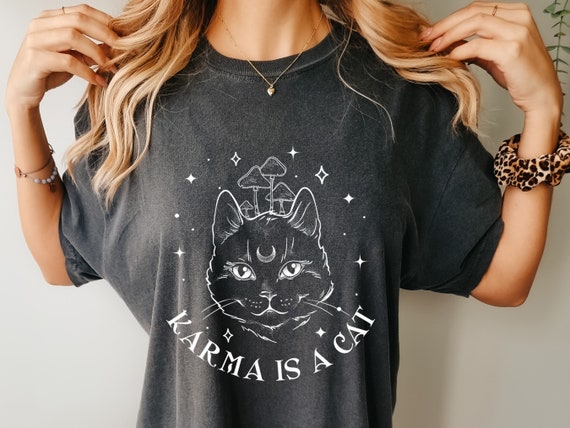Most parents and people who work with children would now agree that creativity is an important part of a child’s development. Creativity can come in all forms, from arts and crafts to making up stories with them. But why is this so important? Well, as we shall see in this article, it fosters many different aspects of a child’s brain, from cognitive development to physical dexterity and even building social skills. Here are just some of the many benefits of encouraging your kids to be creative:

- Cognitive Development: Craft projects that involve creating and building things can really help to build a child’s attention span and cognitive learning abilities. Giving then a lot of craft supplies and letting them come up with new ideas themselves mean that they have to really think things through and work out the best way to approach the task. Give them guidance with their project but don’t be tempted to solve all the problems for them as they won’t learn this way. Another way in which having a well-stocked craft box aids cognitive development is that it encourages children to learn about grouping and classification.
- Social Development: Remember that with young children, much more than with adults, making something can be a social act. Because of this, creative projects are great for fostering their social skills. Being involved in a collective craft project, for example, requires the learning of social rules such as the need to give and take which is so important in any collaboration. One great way to use creativity as a social tool is to get children to make their own puppets and then come up with a puppet show together.
- Emotional Development: Creative expression offers children important opportunities to express their emotions. It can be an invaluable tool if they have lost a loved one and are finding it hard to process or deal with their grief. Children can find it very hard to articulate their emotions when it comes to loss or bereavement. In this situation you can encourage them to draw or paint a picture, write a story or play some music to express how they are feeling.
- Physical Development and Dexterity: Working with arts and crafts materials such as crayons, paints, adhesives and scissors can help to promote find motor skills and hand-eye coordination. The more adept they get at using art materials, the more their level of dexterity will improve and this will vital to them in all kinds of ways at school and in later life.
- Language and Literacy: If you engage in creative play with your children – things like role-playing, story-telling or music – they will increase their vocabulary and become much more confident at using new words or talking in front of other people. And the more articulate a child is, the better they will do at school and the easier they will find it to understand a wide variety of subjects. Try getting your child to make up a story and tell it to you and then get them to explain how they came up with it and what their thought processes were behind it.
- Problem Solving and Flexibility: The ability to be able to recognize a problem and patiently come up with ways to solve it is a great asset for any child to have. For example, if they have a whole lot of craft supplies and want to make a model of a house, they need to come up with a plan to do this and they will encounter many problems on the way that need to be overcome. Don’t do this for your child, but instead talk to them about how they might work with what they’ve got to accomplish their task and let them come up with their own solutions. During this process they will also learn flexibility – that there is always more than one way to do something and they are not always right.
For most of the above you will need to make sure you always have a good variety of craft supplies in stock! This doesn’t have to be expensive if you find a good online supplier such as Handy Hippo craft supplies from which you can buy large amounts at a time.












